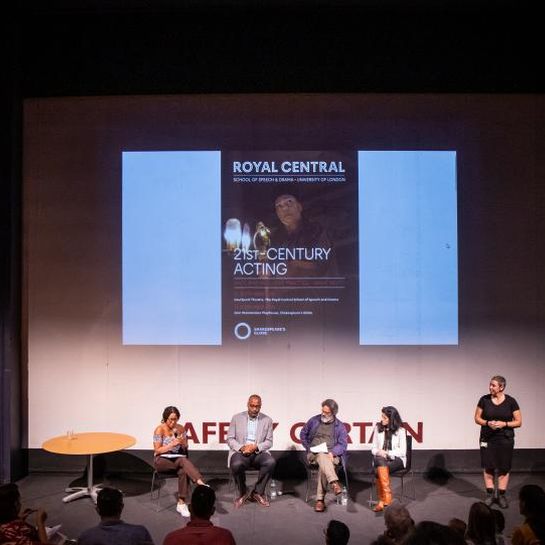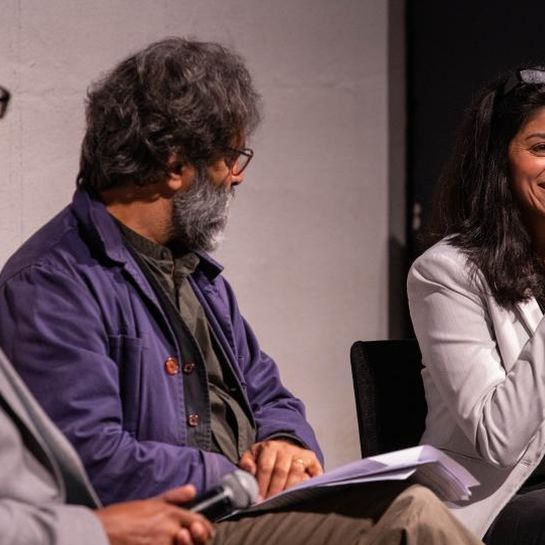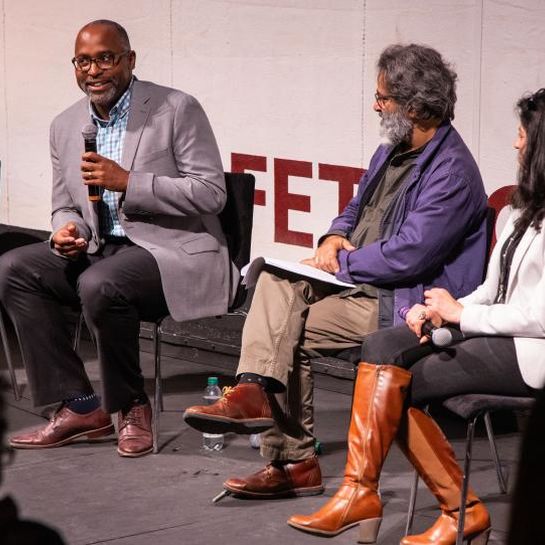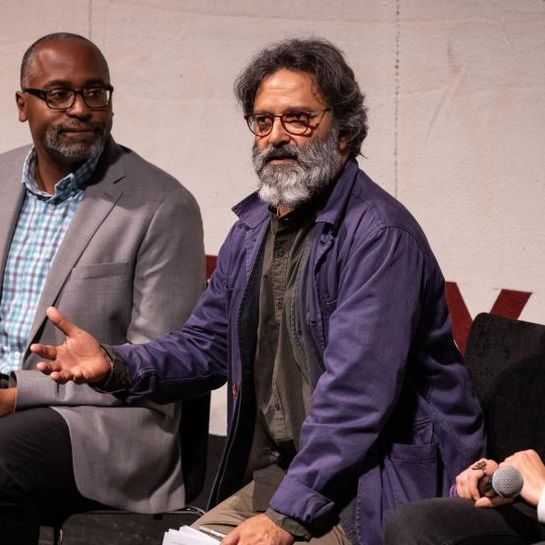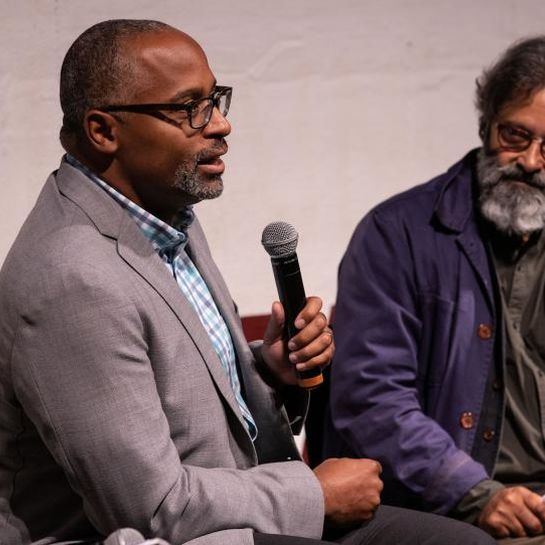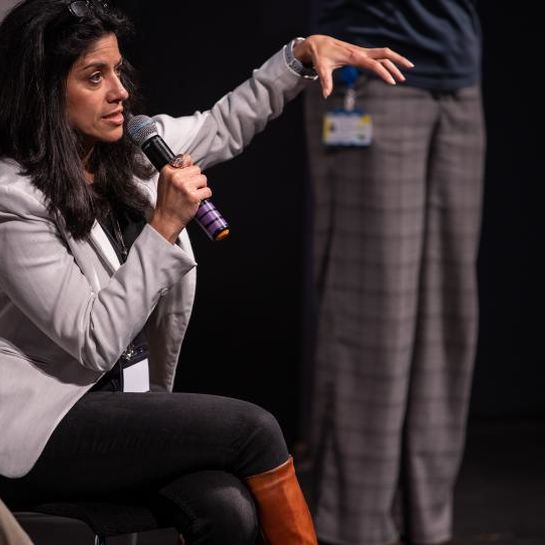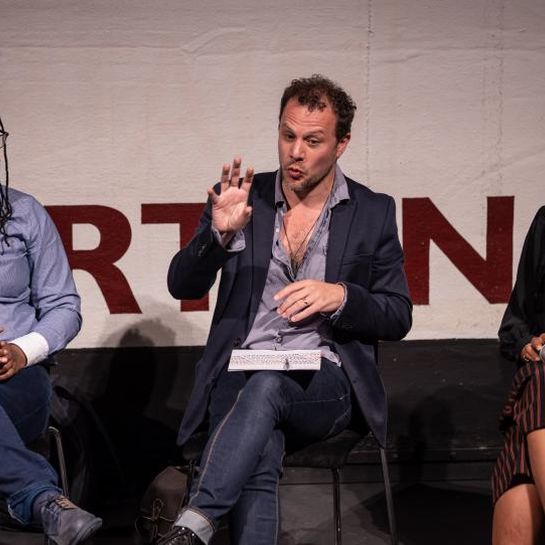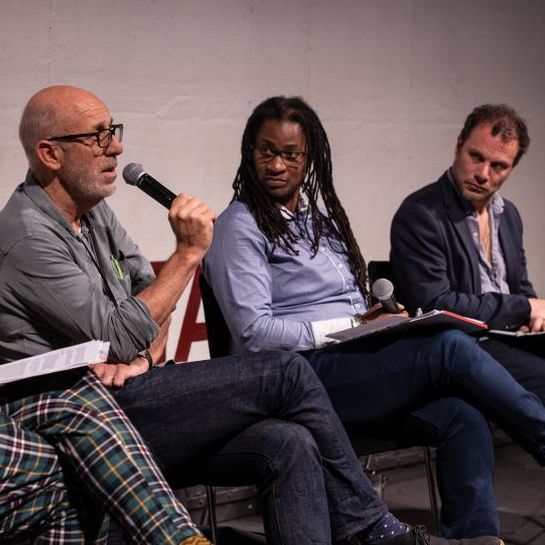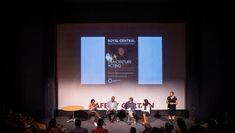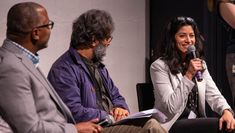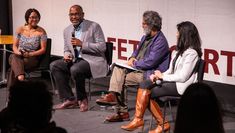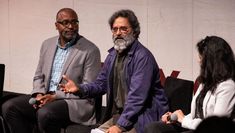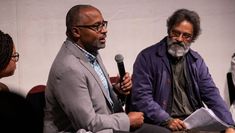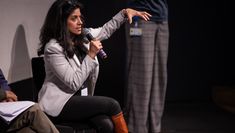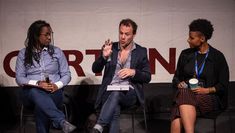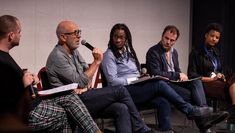21st Century Acting: Race and Inclusive Practice – What Next?
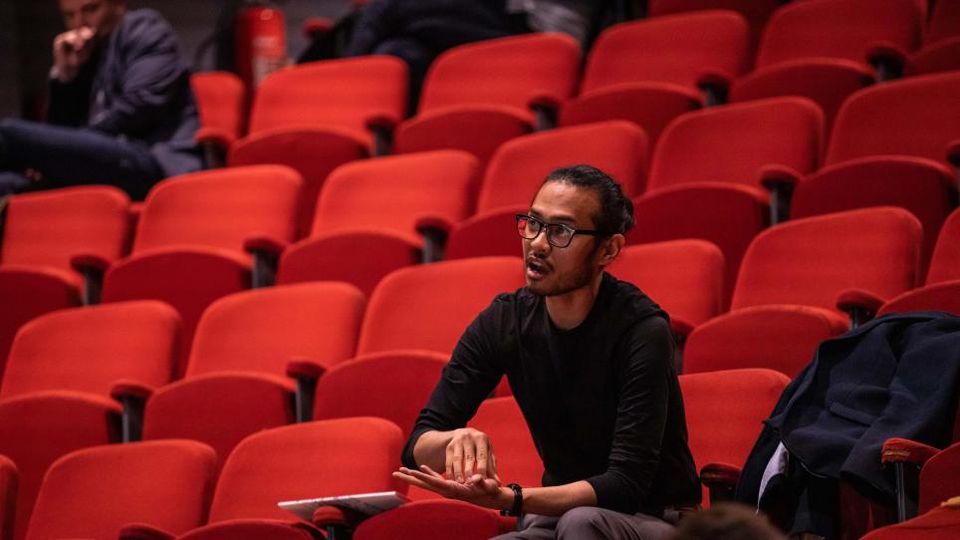
On Thursday 12 and Friday 13 September, The Royal Central School of Speech and Drama and Shakespeare’s Globe co-hosted two days of events to combat racism in theatre practice.
The 21st Century Acting: Race and Inclusive Practice – What Next? symposium explored the most crucial questions in theatre today and examined how it is currently being considered: from support during training through to accountability in the industry, how do we all engage meaningfully with student and professional actors in the mandates for inclusivity, diversity and equity in the academy and rehearsal room? As Kobna Holdbrooke-Smith articulated on the Globe stage: ‘How can we have a world where text is seen as sacred and people aren’t?’
Day one was held in The Royal Central School of Speech and Drama’s Embassy Theatre and examined themes from the perspective of staff and students within the conservatoire. panellists included Dr Harvey Young (Boston University), Jatinder Verma (Tara Arts), Dr Farah Karim-Cooper (Shakespeare’s Globe), David Bond (the Royal Welsh College of Music and Drama), Professor Lynette Goddard (Royal Holloway), David Mumeni (Open Door), Dr Monica White Ndounou (Dartmouth College), Siiri Scott (University of Notre Dame), and Sophie Mensah (Academy of Live and Recorded Arts) as well as staff, students and alumni from Central including Kaleya Baxe, Jessica Murrain, Ben Naylor, Catherine Alexander, Jamie Wheeler and Dr Jessica Hartley.
Discussions centred around international perspectives on theatre and race in relation to actor training and the industry, an examination of access and the decolonisation of admissions processes. There was also a panel reflection on the current state of actor training in regard to cultural identity and sensitivity – as well as changes that are being made both inside and outside of the classroom in response to combatting racism.
Day two took place in the Sam Wanamaker Playhouse at Shakespeare’s Globe and focused on industry practice more broadly. Featuring discussions with actors Sarah Amankwah, Nina Bowers, Leaphia Darko, Kobna Holdbrooke-Smith and chaired by the Globe’s Dr Farah Karim-Cooper, the responsibility of theatres and production companies to ‘care’ for their actors in diversely cast productions and within an ever-evolving industry were considered. Other panellists on the day included theatre director Federay Holmes, Stella Kanu (LIFT), writer, director and producer Steven Kavuma, and Professor Sonia Massai (Kings College London) who examined the problematic notion of ‘colour-blind’ casting alongside ever-evolving casting practices. The event closed with a ‘long-table’ dialogue, led by Central’s Dr Sylvan Baker, surrounding the challenges of white privilege and its impact on actors. The audience left with a renewed perspective on insurgency, reparation and the desire to work together as accomplices within the fight for equality.
The symposium was co-convened by Central’s Dr Jessica Hartley (Course Leader for MA Actor Training and Coaching, and Dr Jay Skelton (Lecturer on the MA Actor Training and Coaching course) along with Dr. Farah Karim-Cooper (Head of Research at The Globe).
Dr Jessica Hartley said:
‘Jay Skelton and I created this symposium in response to a question from an incoming MA student – ‘How will Central ensure that the experience I had in my last drama school isn’t repeated in this one 20 years later?’ Together Jay and I work towards supporting the future actor trainers, who will be changing the field, and working inclusively with actors in conservatoires, theatres and on film.
In conversations with Dr Farah Karim-Cooper at the Globe, we realised a shared political energy for change. This conference reflects a mutual desire to create opportunities for industry and training institutions to create a shared language, and collaborative practice. We want to acknowledge the tireless work of the leaders in the field (Jatinder Verma, Harvey Young), celebrate the nuanced practices within the current climate (Monica Ndounou, Catherine Alexander, David Bond, Leni Goddard, Pamela Jikiemi, Farah Karim-Cooper, Federay Holmes, Stella Kanu, Steven Kavuma) and work in solidarity with the new practitioners of the future who we have invited to chair the panels (Kaleya Baxe, Sophie Mensah and Jamie Wheeler).
We are both (Central and the Globe) in exciting and fruitful times of change – we have come a long way, we have stood on the shoulders of giants, and we still have so much to develop: we are excited about the way this will impact on the next generations of actors, and therefore theatre and film in the future.’
Dr Farah Karim-Cooper, Head of Higher Education & Research, Shakespeare’s Globe:
‘It surprises me that it has taken so long for these important conversations about race in British theatre to happen. But there has never been a more urgent time to have them. I feel that positive change is imminent as long as we keep the pressure on.’
Dr Sylvan Baker, Lecturer in Community Performance Applied Theatre at Central, said:
‘There is a pressing need for artists, practitioners and educators to find ways to have brave & honest discussions about the challenges and lack of diverse inclusion in actor training. My practical intervention offers a platform for such dialogue.’
Steven Kavuma, Writer, Director, Producer, and Founder of The Diversity School Initiative and the Black Theatre Club, said:
‘I’m excited to have participated in this two-day Symposium that The Globe and Central School of Speech and Drama have put together. I know we spend a great deal talking about change but these kind of events are important as they bring together a diverse group of people to interrogate ways which we could improve our practices and offer solutions to both the industry and training institutions.’
Dr Monica White Ndounou, Associate Professor of Theatre at Dartmouth College, said:
‘The time for change is now—on every level—especially in formal training and throughout the industry. Continuing to ignore the limitations and possibilities not only hurts the artists at various career stages, it also limits our full exploration of humanity thereby undermining our ability to live up to our full potential as a nation and as global citizens.’
Dr Harvey Young, Dean of the College of Fine Arts at Boston University, said:
‘It simply makes sense for British people of varying complexions and cultural traditions to be able see themselves and their experiences represented on stage and screen. Inclusion is neither a radical act nor a recent movement. Shakespeare understood that the lived reality of people of colour merited attention, needed to be shared with an audience and deserved a place in the finest theatres.’

